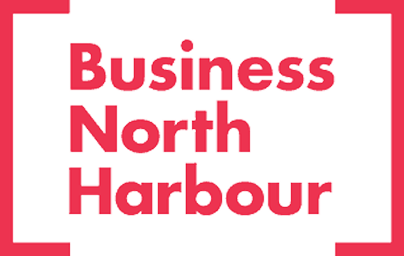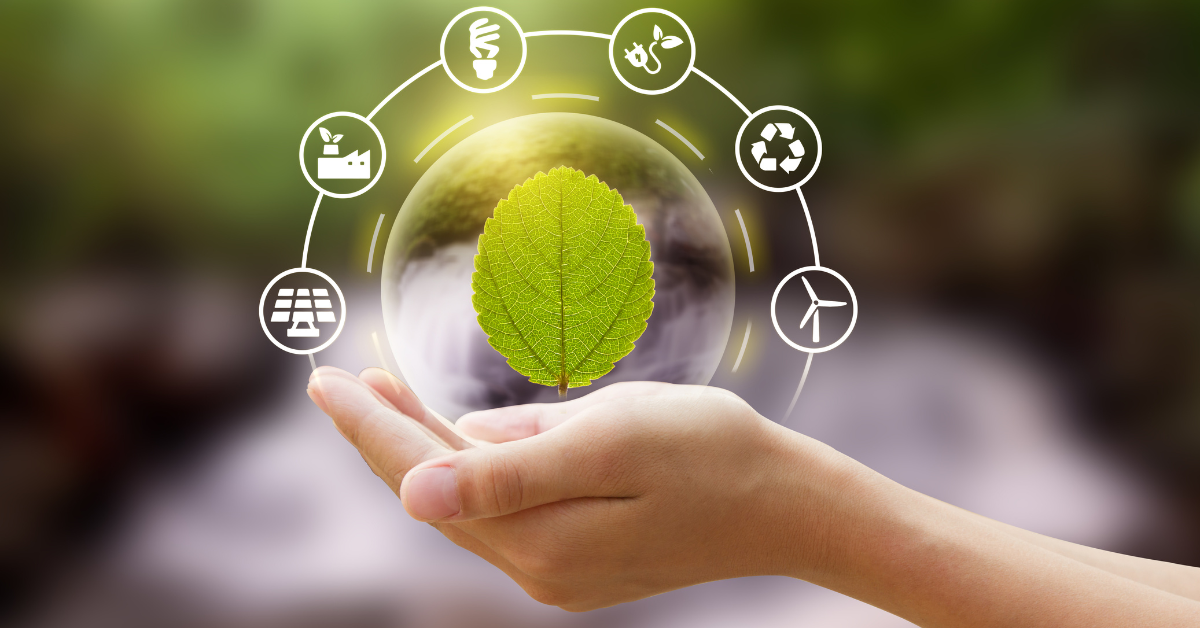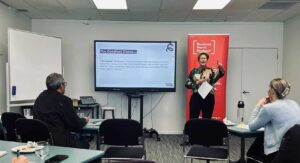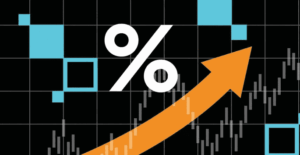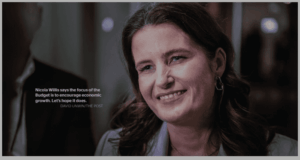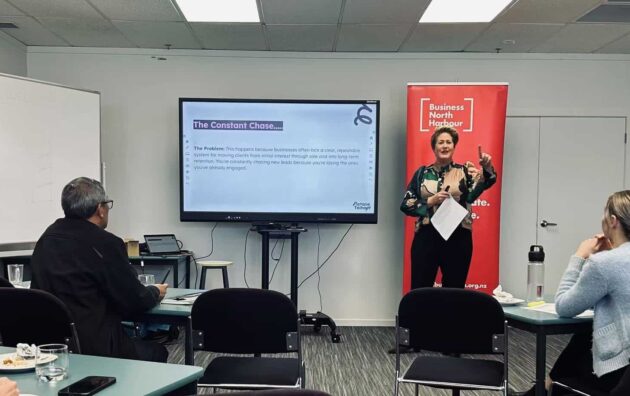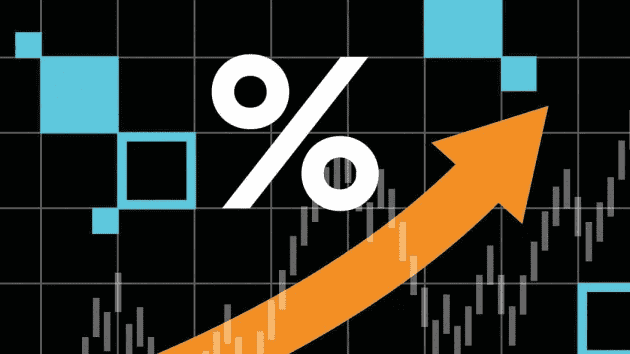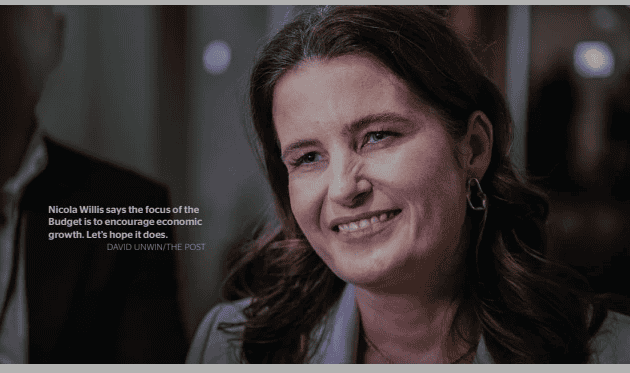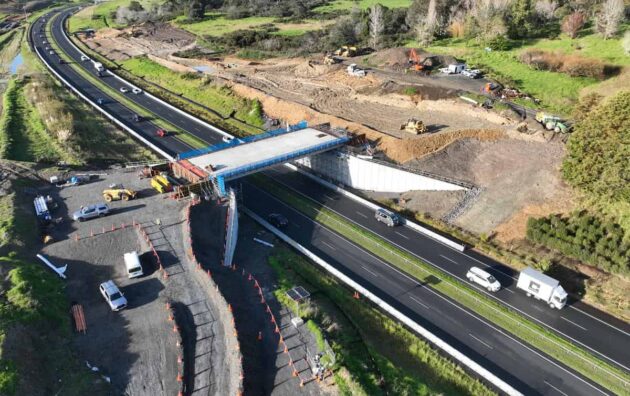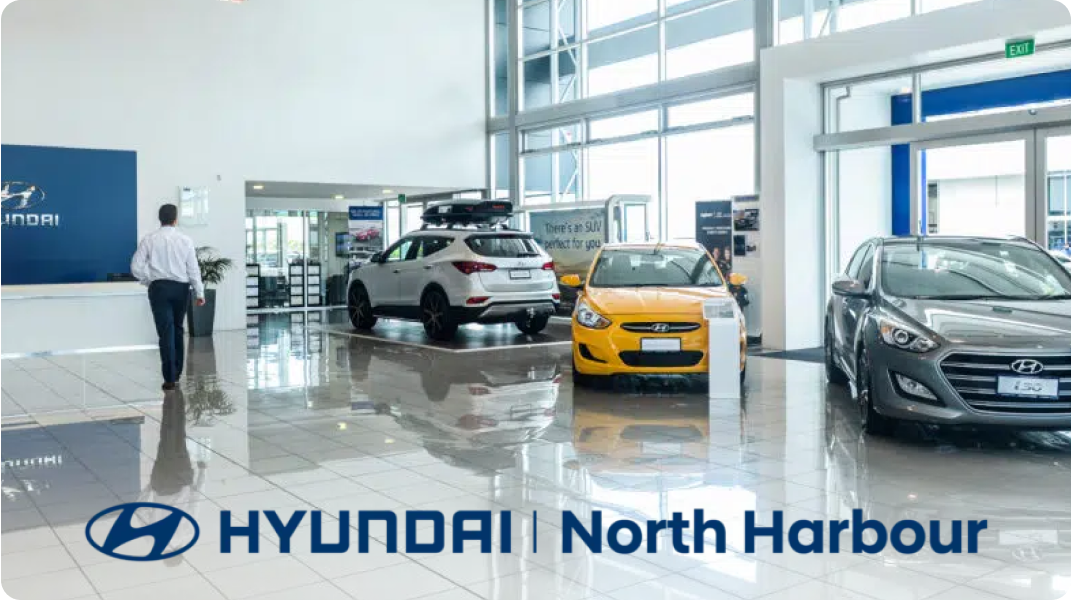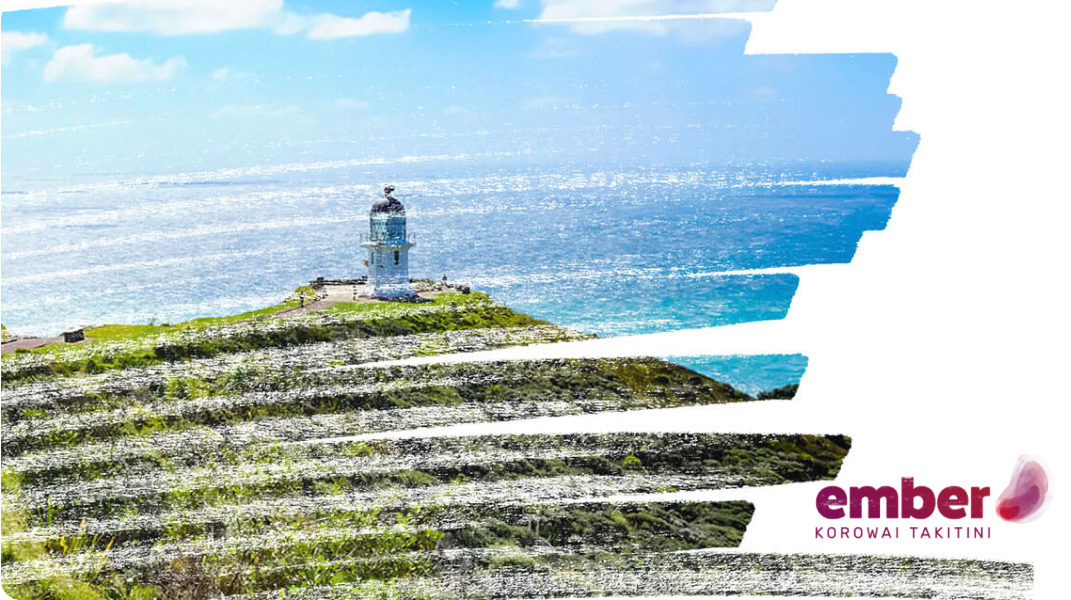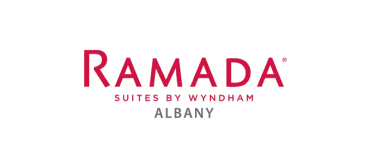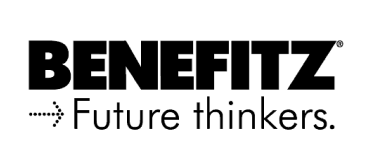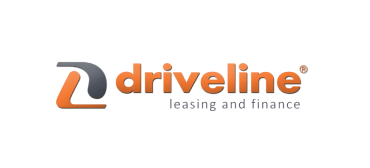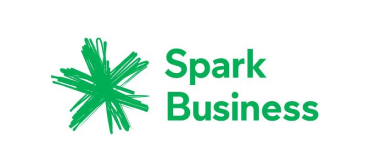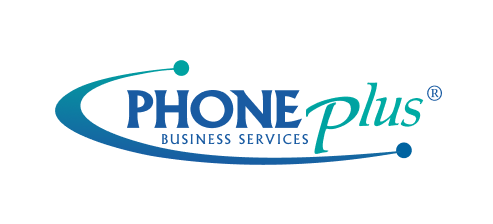Article Two – Your Business And The Circular Economy
Most of us may well have heard mention of a Circular Economy but what is it and why is
it important that we transition from the more typical Linear and Recycling economies to
a Circular Economy?
Here are the simple definitions of these three economies:
Linear Economy – is a traditional model, which historically has caused our current
climate and pollution problems, where raw materials are collected and transformed into
products that consumers use until discarding them as waste
= Take – Make – Waste (significant)
Recycling Economy – follows a similar path to the Linear Economy where resources are
extracted, products are made, purchased and used by the consumer and are then
disposed of. When at this end stage they may be recycled, often into a lower value
product, which helps to reduce waste and is a more sustainable alternative than the
Linear Economy
= Use – Recycle – Waste (reduced)
Circular Economy – differs significantly from the Linear and Recycling Economies as
from the outset products are designed and made to last several life cycles. Products are
not made to be recycled, they are designed to be reused, repaired and remanufactured
= Use – Reuse/Recycle/Repair Constantly – Waste (minimal)
There are three key characteristics to a circular economy:
- Waste and pollution are designed out
- Materials are kept in use at their highest value
- Natural systems are regenerated
Why is transitioning to a Circular Economy important?
- A circular economy keeps materials in use at their highest value for as long as
possible. - Globally, 67% of everything we mine, manufacture and use is disposed of to
landfill after one use. - In NZ we send 17 Million tonnes of waste to landfill annually.
- By 2030 Auckland could
a. increase economic activity by $8.8 Billion
b. reduce carbon emissions by 2,700 Kilotonnes
Circular Economy is an all-encompassing way to look at business sustainability, so what
can you do to make your business more circular?
Follow the links below for useful tips and resources:
sustainable.org.nz/projects/go-circular-2025-programme/
sustainable.org.nz/circular-economy-directory/
sustainable.org.nz/learn/designing-out-waste/challenge-hub/
Adapted from Sustainable Business Network – Your Business and the Circular Economy
